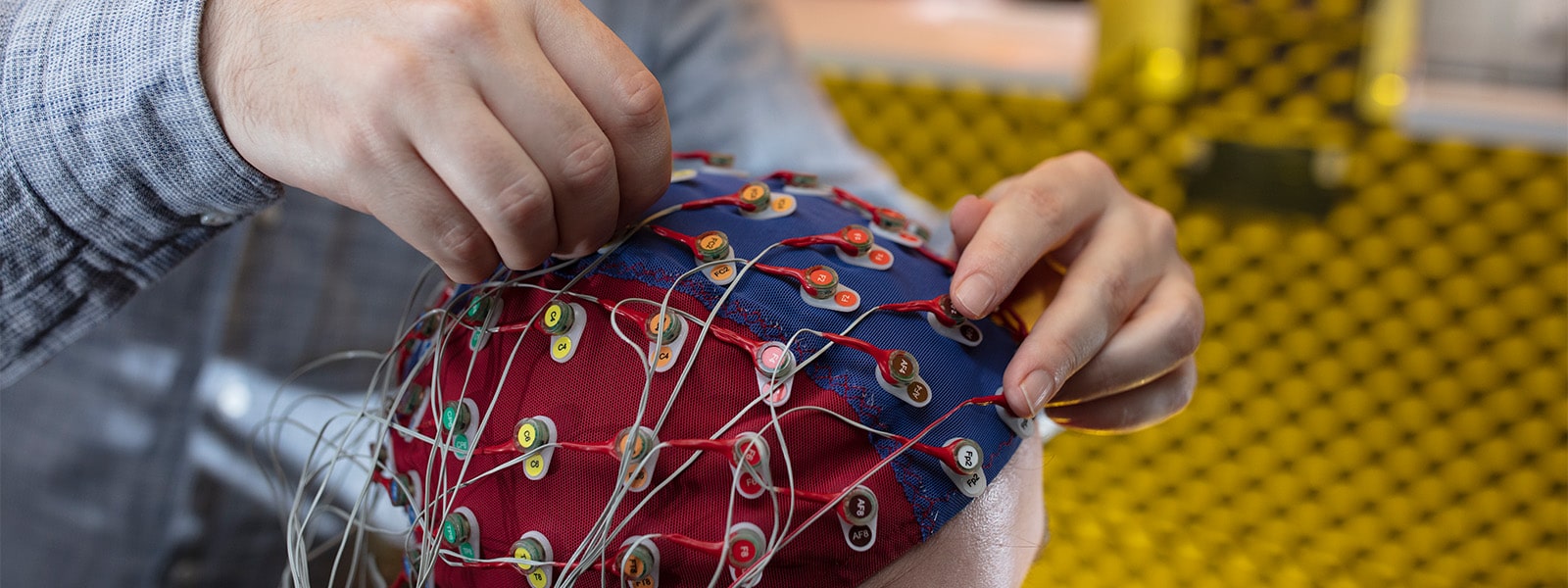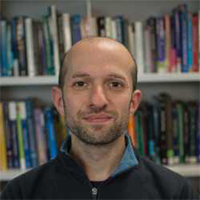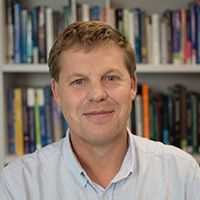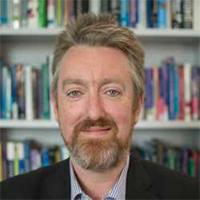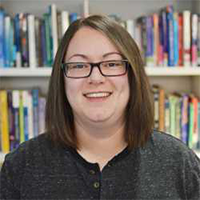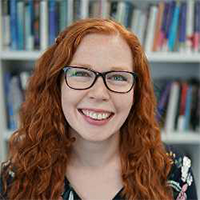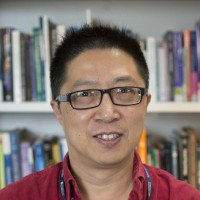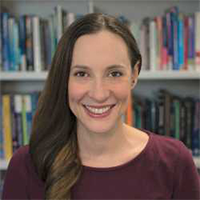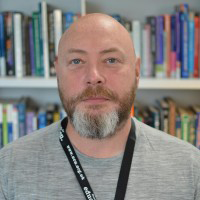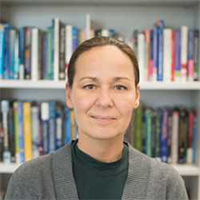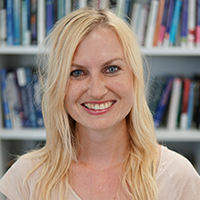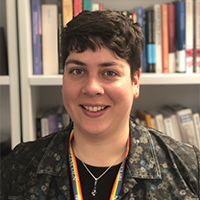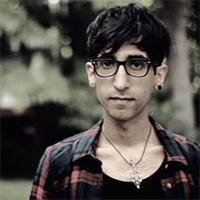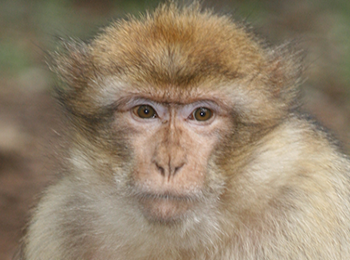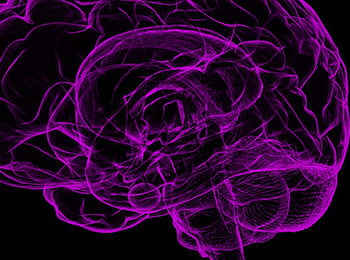What We Do
The Cognitive Research Group is a collection of researchers at the University of Lincoln, who undertake research on a broad range of perceptual and higher cognitive functions by combining different methods such as eye tracking, electroencephalogram (EEG), transcranial magnetic stimulation (TMS), physiological measurements (skin conductance response; heart rate variability) and functional Near Infrared Spectroscopy (fNIRS). Core research topics include Face perception (e.g., face recognition, face learning, social information conveyed in faces, and the use of automatic face recognition technology); Neural plasticity (e.g., neural changes after visual sensory deprivation and enriched environments); Technologies to improve perceptual functions and to support person-centred care in residential care (e.g., video games such as Eyelander and Cognitive Daisy); sleep (e.g., the role of REM sleep in directed forgetting of emotional words); human-dog emotion communication (e.g., to investigate emotional expression and perception in dogs, human-animal interaction); visual attention and process in human social cognition (e.g., how affective visual cues are processed in the brain).
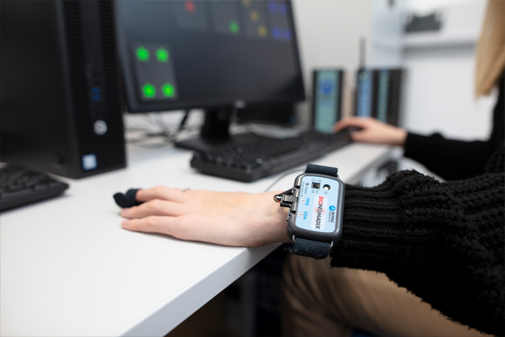
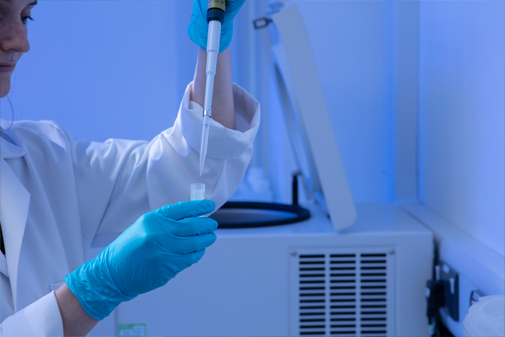
Masters Modules
Tim's Modules:
PSY9221M Research Methods in Perception and Cognition
PSY9226M From the lab to the world: Psychology Research in Practice
Tim is also the leader for the Masters in Psychological Research Methods programme as an opportunity for students to do research work with members of the cognition research group.
Robin's Module:
PSY9247M Evolution and Human Social Behaviour
Julia's Module:
PSY9249M Brain Behaviour and Lifespan Development
Connect with Us
School of Psychology, University of Lincoln, Brayford Pool, Lincoln, LN6 7TS, UK
Telephone: +44 (0)1522 882000 | Email: enquiries@lincoln.ac.uk

